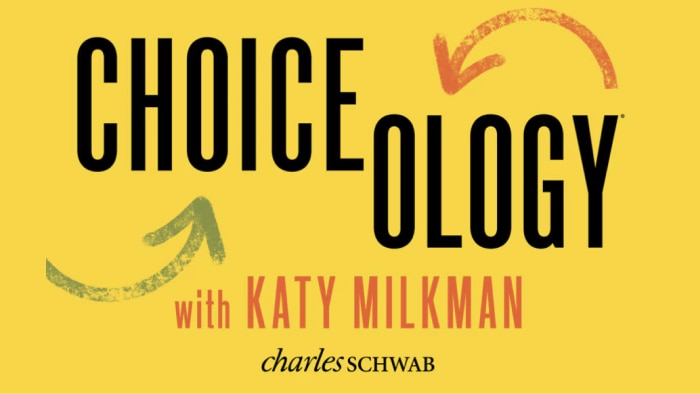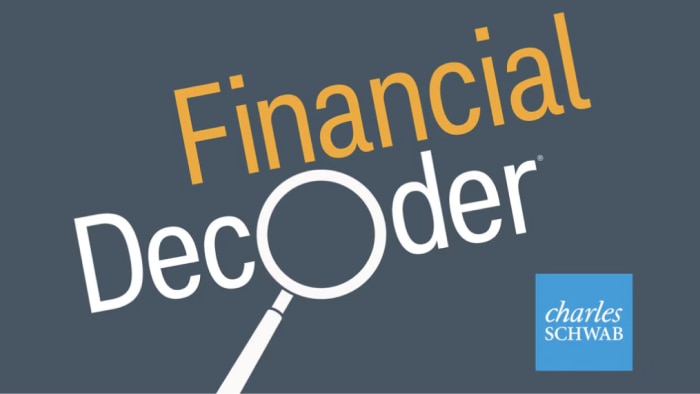Your U.S. Investing Education Center
Discover ways to identify, analyze, and act on U.S. investment opportunities with our timely insights and comprehensive educational resources.
Understanding the U.S. market
Learn how to find favorable trends in the U.S. market along with strategies for capitalizing on them.
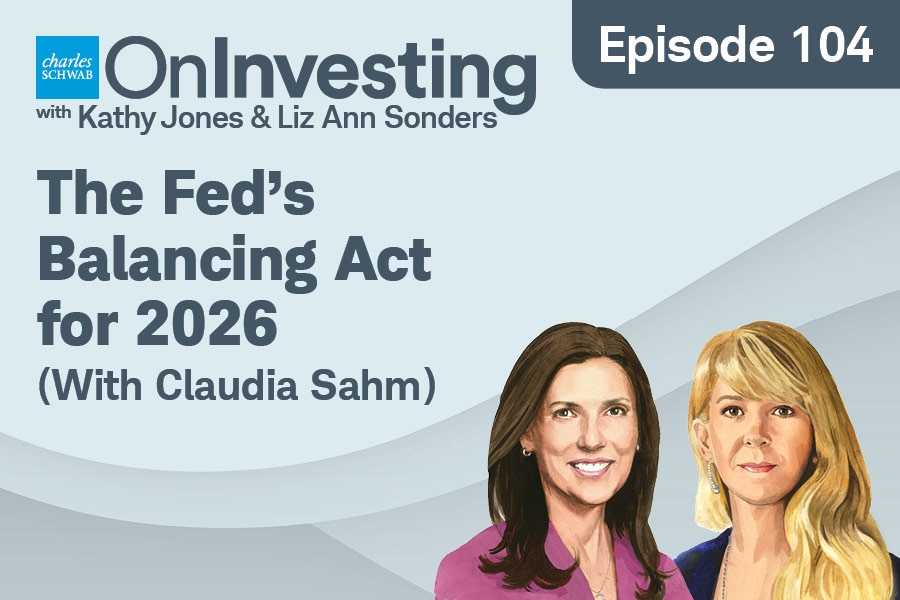
The Fed's Balancing Act
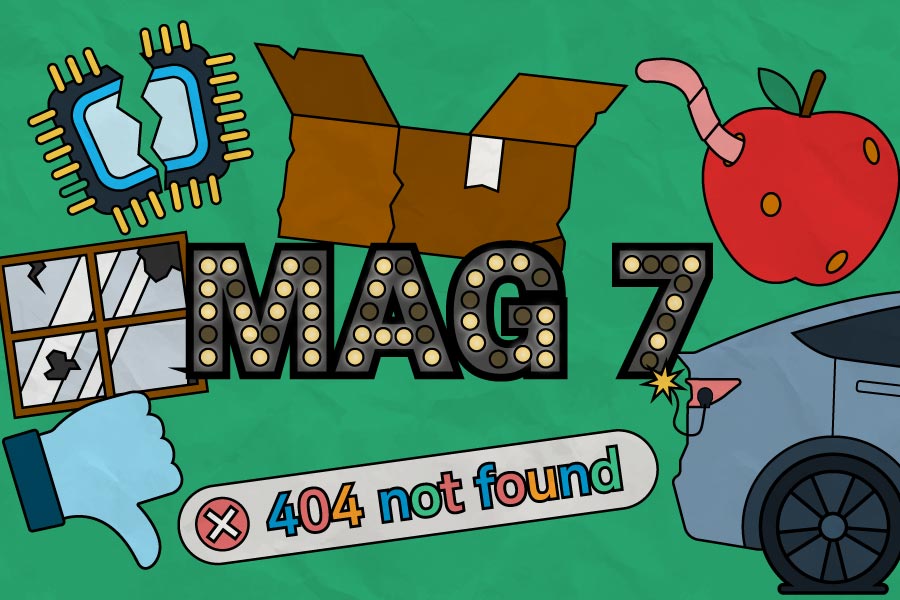
Company Earnings
Magnificent Seven Stumble

US
Cascade: AI's Latest Phase
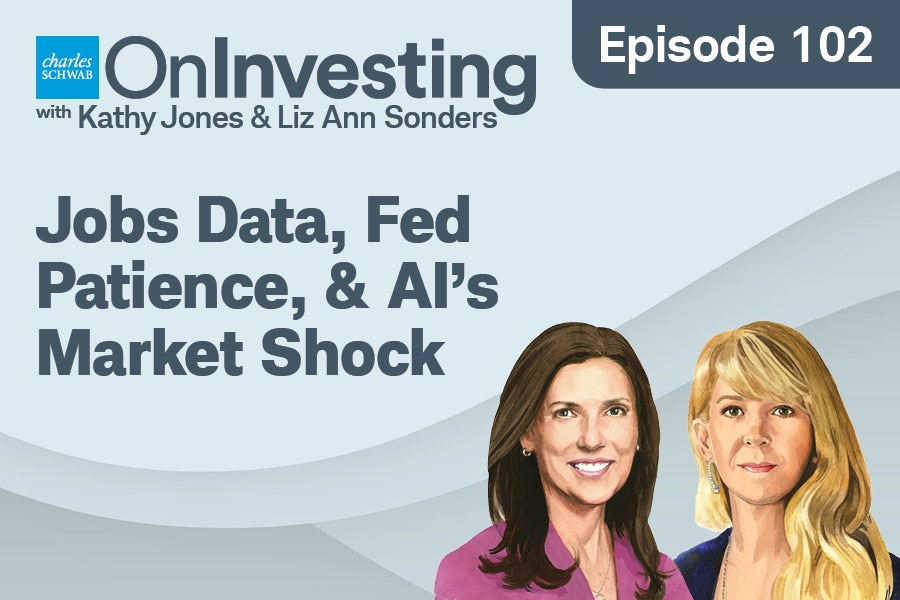
Jobs Data & AI Market Shocks
Investing & trading
Whether new to U.S. markets or experienced, find ways to take your investing and trading knowledge to the next level.

International
Emerging Markets' AI Glow-Up

Investments
Gold and Stocks vs. Inflation
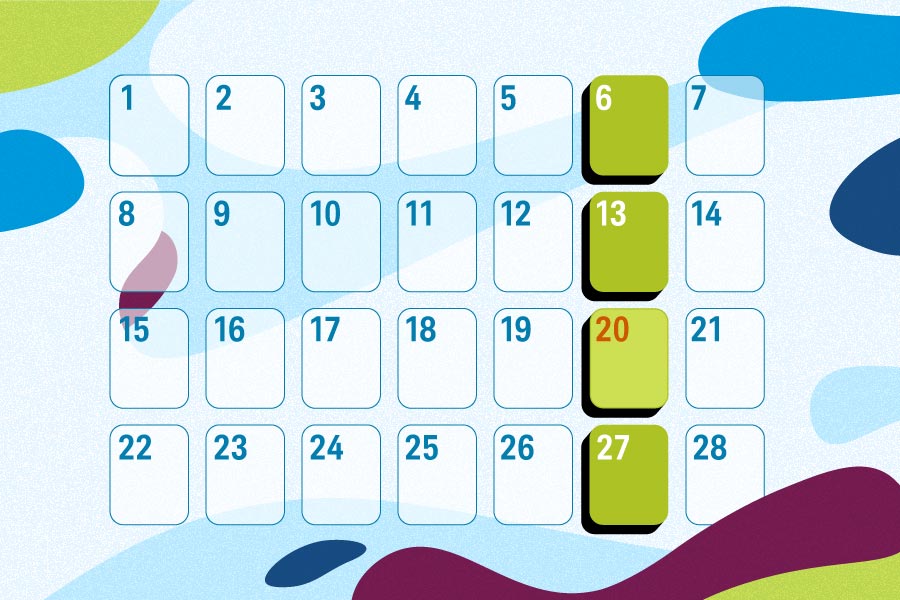
Options
Weekly Stock Options

Behavioral Finance
Recover From a Trading Loss
Portfolio management
Learn about the various roles U.S. securities can play in your portfolio.

International
Emerging Markets' AI Glow-Up
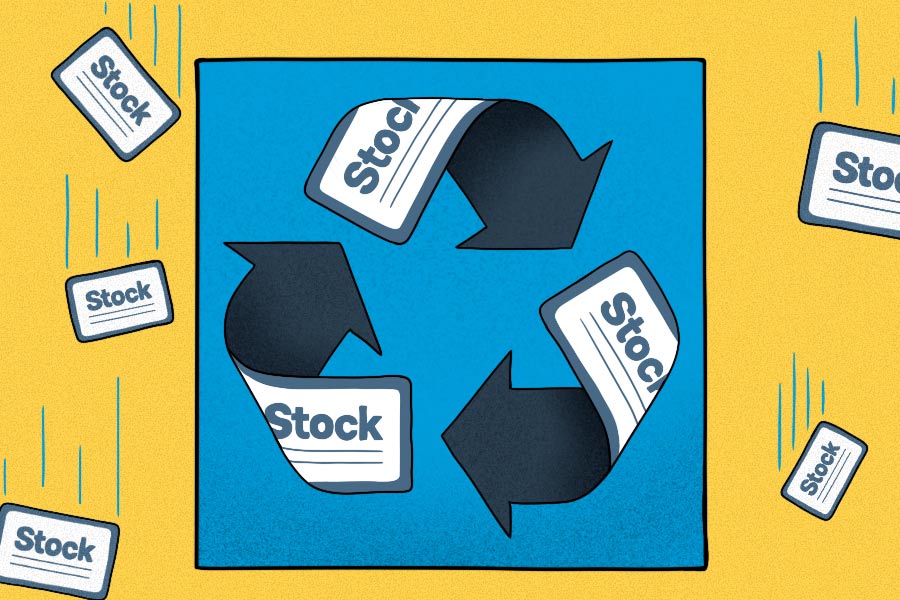
Stocks
How Stock Buybacks Work
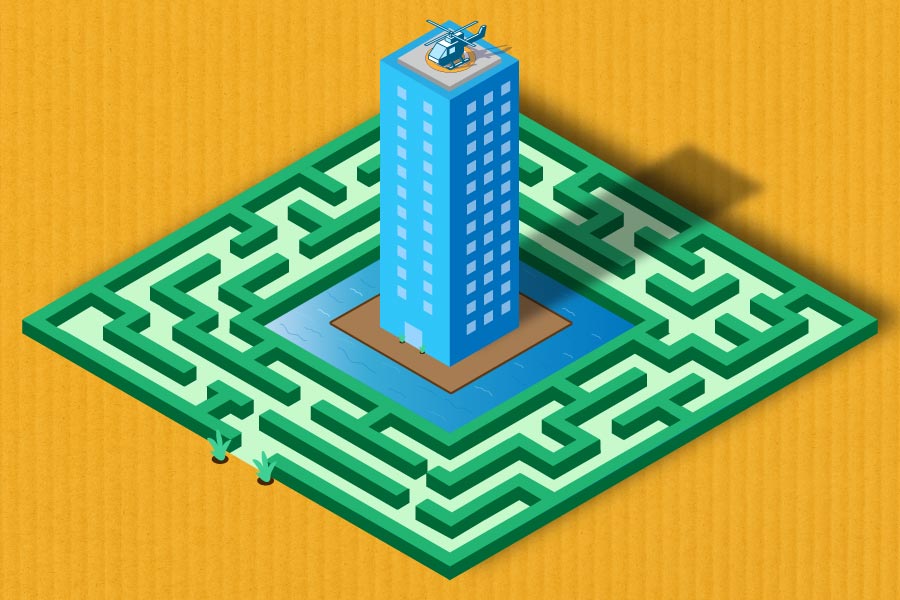
Fundamental Analysis
Why Moats Matter

Options
What Are Box Spreads?
Learn about the U.S. markets, your way.
From podcasts* and daily market updates to insightful commentary, explore more helpful resources from Schwab.
Start investing in the U.S. market today.
Have more questions? We're here to help.
Call
Outside the U.S.
+1-415-667-7870
International toll-free numbers
In the U.S.
24x5 Customer Service
1:00 a.m. Monday to 1:00 a.m. Saturday (U.S. EST)
Mailing address
Send applications, deposits, and other materials to:
Charles Schwab & Co., Inc.
Attn: International Operations
1945 Northwestern Drive
El Paso, TX 79912-1108, USA
